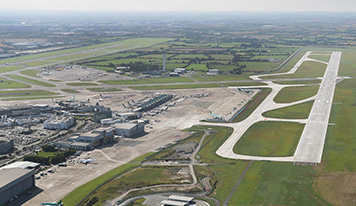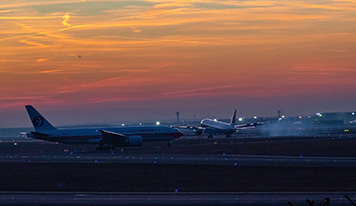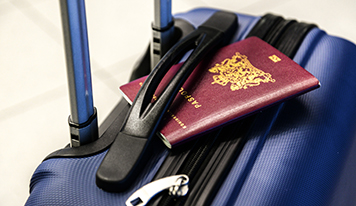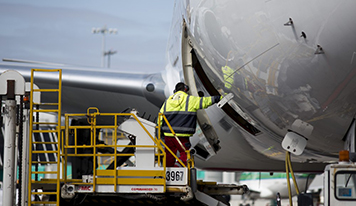The Irish Aviation Authority regulates to the highest professional standards to ensure a safe, secure and consumer-focused aviation environment.
Who we areLatest news
Protected Disclosures Annual Report 2023
Read more ›
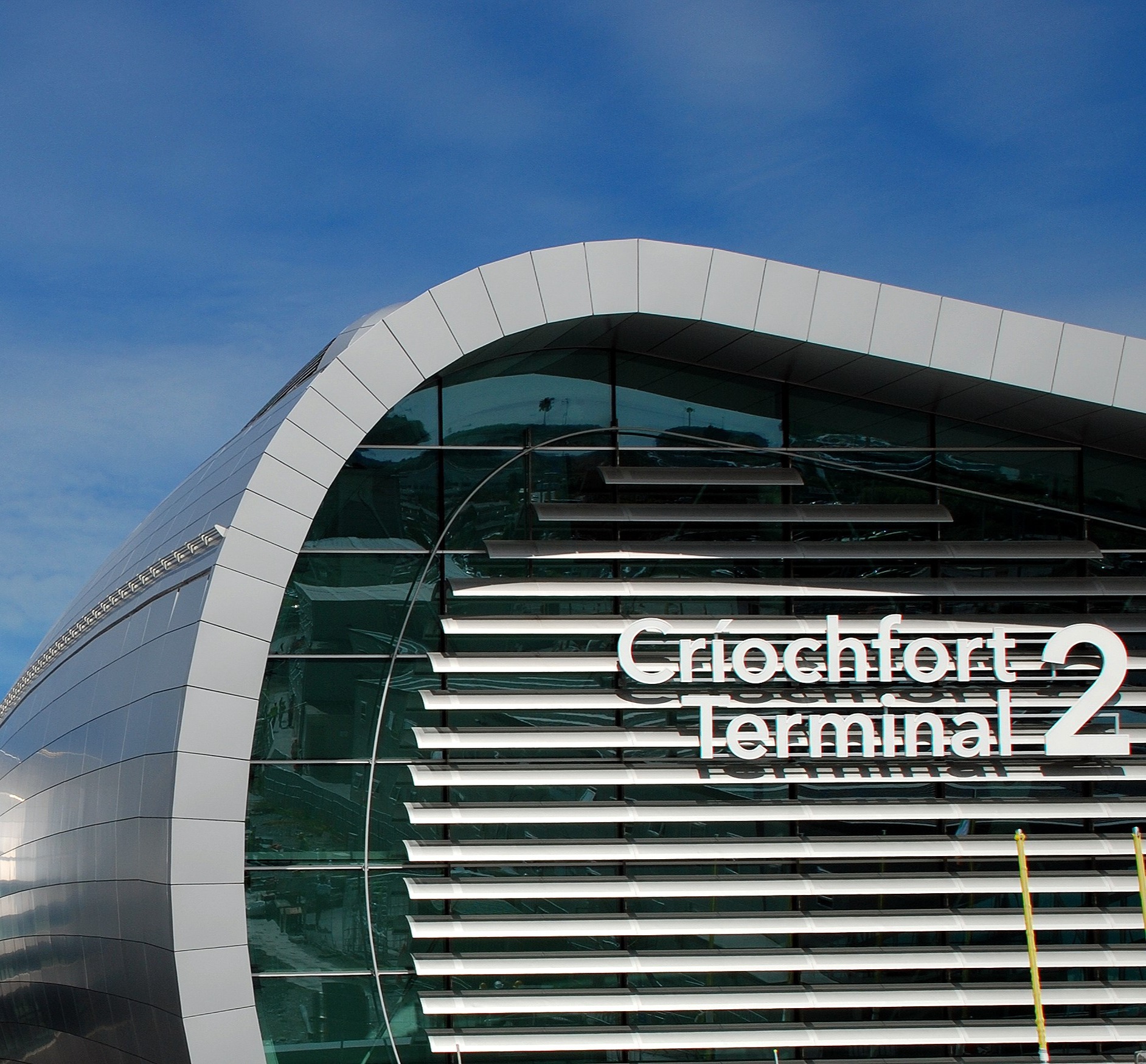
Draft Decision on Winter 2024 Coordination Parameters at Dublin Airport
Read more ›








